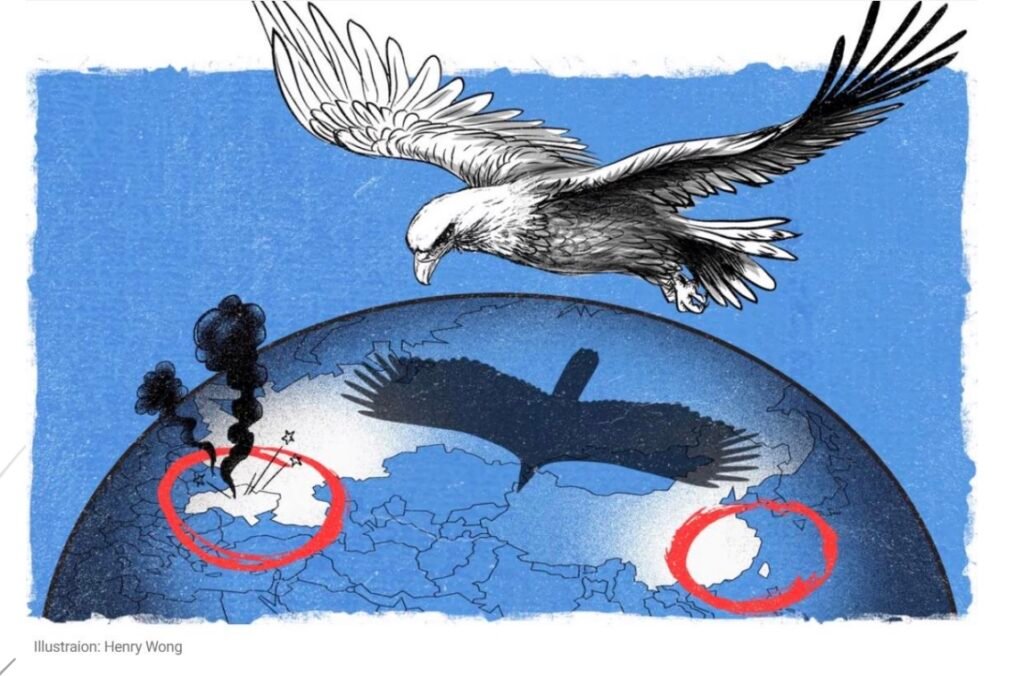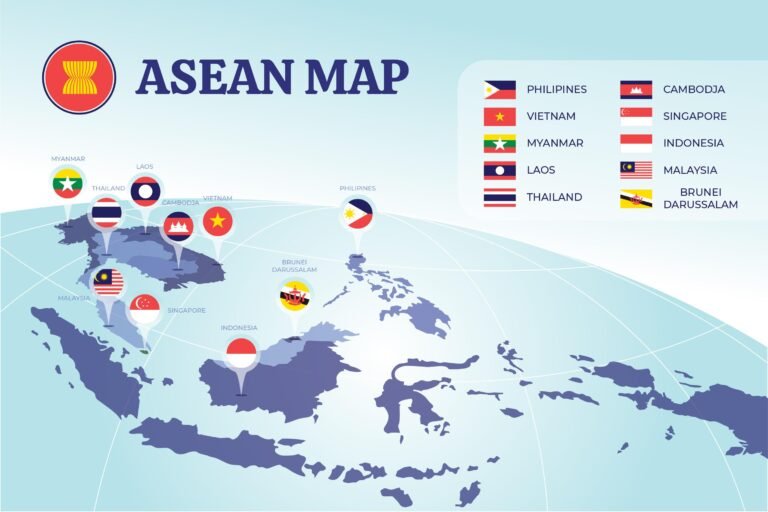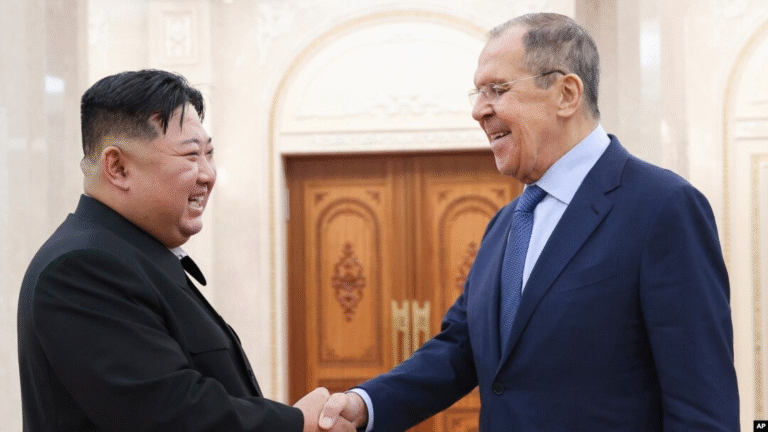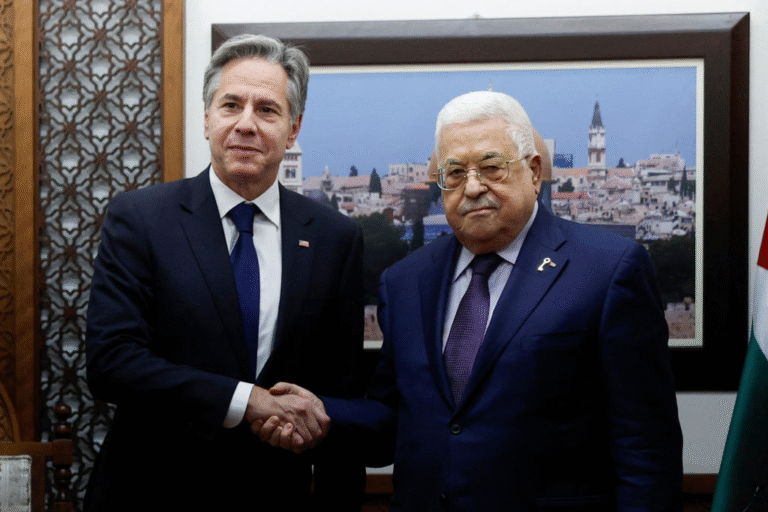
Image Credit: South China Morning Post
Lucas Rodriguez
The America-Eurasia Center
www.eurasiacenter.org
The America-Eurasia Business Coalition
www.usebc.org
Introduction
Since 1979, the Taiwan Relations Act has guided the United States’ approach to cross-strait
relations. As the PRC led by Xi Jinping looks to break through the status quo into a future favorable
to China, the U.S. must envision a new approach toward protecting its most valuable partner in East
Asia. Meanwhile, Russia’s invasion of Ukraine and its lackluster results will have a direct influence
on how China manages a possible invasion. It is now up to the United States to muster a stronger
commitment to the defense of Taiwan, as the PRC grows in power and Xi Jinping continues his
unprecedented third term as President.
The Current Forecast
On June 18th, 2023, U.S. Secretary of State Anthony Blinken met with Chinese President Xi
Jinping, along with the Director of CCP Central Foreign Affairs Office Wang Yi, and Foreign
Minister Qin Gang. During their meeting, Blinken emphasized that “there has been no change to the
U.S. one-China policy, based on the Taiwan Relations Act”. The United States is looking for a
peaceful end to the conflict, but as the status quo continues to weaken as China grows in strength, it
is unlikely that the Taiwan Relations Act of 1979 will continue to be an effective cornerstone of
U.S.-China relations. It is important to note that during their meeting both sides re-emphasized their
desire for a peaceful resolution. Moreover, Xi Jinping said nothing about the urgency of the
reunification of China during the 20th Annual National Congress of the CCP in October 2022.
However, CIA Director William Burns said that “We know as a matter of intelligence that he’s (Xi
Jinping) instructed the People’s Liberation Army to be ready by 2027 to conduct a successful
invasion.” This does not mean an invasion is imminent, but instead that China is prepared to unify
with Taiwan by any means necessary.
Ukraine and Taiwan: how do they compare?
While Ukraine and Taiwan may look similar on the surface, both being countries struggling
for their independence against a larger, neighboring country, an in-depth comparison shows how
differently the two countries must be approached by the United States. While Ukraine is bordered
by allies such as Poland and Slovakia, Taiwan has no such neighbors. Taiwan is an island on the
western edge of the Pacific Ocean, so it has no immediate and direct support. This is simultaneously
a disadvantage and an advantage, as the island has been historically proven to be incredibly hard to
invade due to its isolation and mountainous terrain. Taiwan is also of considerable economic
interest to the United States, being a top-ten trading partner, alongside being one of the biggest
high-end electronic exporters in the world. While the U.S. defends its democratic values by
supporting Ukraine, there is both cultural and economic incentive to defend Taiwan from any
possible PRC invasion. It will be important for Taiwan to look at the successes of Ukraine to
navigate its future, namely, how to utilize its independent identity to garner international support.
China’s Involvement and Partnership with Russia
Before Russia’s invasion of Ukraine in February 2022, Putin and Xi announced that
“Friendship between the two States has no limits.” and has since reaffirmed this in Xi Jinping’s
visit to Moscow in March 2023. Both countries look to undermine the United States’ influence, but
Xi did not speak on supporting the Russia-Ukraine war militarily. Instead, Xi Jinping hopes China
can broker peace negotiations between the two countries, calling for a Russia-Ukraine ceasefire
without putting blame on Russia and instead focusing on NATO’s lack of respect for “Russian
sovereignty”. China is one of the few countries that has not condemned the Russian invasion, along
with Belarus, North Korea, and others. While China holds steadfast to its commitment to Russia,
the Russian invasion has yet to definitively play out, as what was supposed to be a quick and
decisive victory has turned into a sluggish stalemate. Unlike Putin, Xi Jinping is still open to a
peaceful resolution and continues to push it as the best practical option.
The Likelihood of Future Conflict
The Russia-Ukraine war has shown just how uncertain war is, regardless of perceived
military power. Few expected the war to grind to a standstill, all the while Russia frantically looks
to bolster its military and domestic support. This war might’ve given Xi Jinping an example of the
costliness of war, and how it could drag down China’s already slowing economic growth. If China
does invade, Xi can expect heavy sanctions that would hurdle the world economy into a deep
economic depression. Analysts believe in the case of a Chinese invasion, sanctions against China
could cost the world economy over $3 Trillion USD. This would not look good domestically for
Xi, as much of his support has been on the back of tremendous economic growth. However, Xi
Jinping has promised to unify China in his lifetime, and as he reaches the last years of his life, his
attention might turn more heavily towards Taiwan to garner nationalist support. It is important to
consider the weight of this promise as Xi looks to solidify his power in the future.
Building a new U.S. Cornerstone
China will continue to push the limits of the U.S.’ dedication to Taiwan while offering
economic incentives to countries that will support Xi’s One China Principle. The number of
countries officially recognizing Taiwan has dwindled to 13, while the U.S. has yet to make the list.
As China grows in power and pressures Taiwan economically, the U.S. must think of innovative
ways to support Taiwan and the Democratic Progressive Party. The DPP has been ardently anti-
unification, while the rivaling Kuomintang Party has looked to strengthen economic ties with China.
The U.S. must build a better cornerstone to guide relations and replace the Taiwan Relations Act of 1979.
The U.S. needs to double down and re-emphasize its support for Taiwan, and to do so the
domestic support for Taiwan within the U.S. must be strengthened. It will be important for
lawmakers to emphasize the importance of Taiwan’s continued independence, as a trading partner
and a beacon of democratic hope. While the Russia-Ukraine war might act as a possible warning to
China, it is unlikely to hinder any non-military efforts to reunify with Taiwan, which is why the
U.S. must resolutely bolster its economic support in the face of the growing possibility of a CrossStrait crisis.





